Commodity trading has become a significant part of financial markets in India, providing investors with opportunities to profit from the buying and selling of various commodities such as gold, oil, agricultural products, and metals. While it offers lucrative profit potential, profits from commodity trading are subject to income tax under the Indian Income Tax Act.
In this detailed guide, we will break down the taxation process for commodity trading in India, explaining how profits are taxed, the tax treatment of futures and options (F&O) in commodities, and how you can calculate and report your tax liabilities correctly.
What is Commodity Trading?
Commodity trading involves the buying and selling of physical goods such as metals, agricultural products, energy, and more. In India, the majority of commodity trading takes place through futures and options (F&O), which are traded on recognized exchanges like the Multi Commodity Exchange (MCX) and the National Commodity and Derivatives Exchange (NCDEX).
There are two primary ways to trade in commodities:
- Spot Trading: Physical trading of commodities for immediate delivery.
- Futures and Options Trading: Trading based on the future price of a commodity without owning the actual commodity.
Income Tax on Commodity Trading Profits
The income earned through commodity trading is classified as business income under the Income Tax Act. This classification is important because the profits from commodity trading are taxed as per the individual’s applicable tax slab rates.
Types of Income from Commodity Trading:
- Speculative Income: Income from intraday trading (where positions are squared off the same day without actual delivery of the commodity) is considered speculative income.
- Non-Speculative Income: Income from futures and options trading in commodities is treated as non-speculative business income.
Tax Treatment for Speculative Income
Speculative income, such as profits from intraday commodity trading, is treated differently from regular business income. It is taxed as part of your total income based on your applicable tax slab.
Tax Slab Rates for Speculative Income:
| Income Range | Tax Rate |
|---|---|
| Up to ₹2.5 lakh | Nil |
| ₹2.5 lakh to ₹5 lakh | 5% |
| ₹5 lakh to ₹10 lakh | 20% |
| Above ₹10 lakh | 30% |
Example:
If your income from speculative intraday trading is ₹2 lakh and your total income for the year is ₹8 lakh, you will pay tax at the applicable rate for your income slab, i.e., 20%.
Tax Treatment for Non-Speculative Income
Non-speculative income, such as profits from commodity futures and options trading, is treated as business income. The income is added to your total taxable income and taxed based on the applicable tax slab.
Unlike speculative income, non-speculative income can be carried forward to set off against future non-speculative losses for up to 8 years.
Example:
If you earn ₹3 lakh from commodity futures trading and your total income is ₹10 lakh for the year, the income will be taxed at 30%, based on your slab rate.
Set-Off and Carry Forward of Losses
The Income Tax Act allows traders to set off losses incurred in commodity trading against certain types of income and carry forward these losses for future years.
- Speculative Losses: Can only be set off against speculative income in the same financial year or carried forward for 4 years.
- Non-Speculative Losses: Can be set off against any business income (except salary income) and carried forward for 8 years.
Example:
If you incur a speculative loss of ₹50,000 and a non-speculative loss of ₹1 lakh in a given financial year, you can carry forward the losses and set them off against future profits as per the rules.
Filing Income Tax for Commodity Trading
When filing your income tax return for commodity trading, you need to use ITR-3 if you have income from business or profession. Here are the steps to follow:
- Maintain Records: Keep track of all your trades, profits, and losses. Ensure you have detailed records of each transaction.
- Use ITR-3 Form: If you have commodity trading income, the appropriate form is ITR-3. This form is for individuals or Hindu Undivided Families (HUFs) with business or professional income.
- Audit Requirements: If your gross turnover from commodity trading exceeds ₹1 crore in a financial year, you are required to get your accounts audited under Section 44AB of the Income Tax Act.
- Turnover Calculation: For futures and options trading, turnover is calculated as the sum of profits and losses from trading, along with premium received on options.
Historical Data: Taxation Rates Over the Years
| Year | Speculative Income Tax | Non-Speculative Income Tax |
|---|---|---|
| 2022 | Taxed as per slab rates | Taxed as per slab rates |
| 2020 | Taxed as per slab rates | Taxed as per slab rates |
| 2018 | Taxed as per slab rates | Taxed as per slab rates |
| 2016 | Taxed as per slab rates | Taxed as per slab rates |
The tax treatment of commodity trading profits has remained consistent over the years, with both speculative and non-speculative incomes being taxed according to the taxpayer’s income tax slab.
Turnover Calculation for Commodity Trading
Turnover plays a key role in determining whether you need an audit for your commodity trading activities. The turnover for commodity trading is calculated as follows:
- Futures Trading: The sum of absolute profits, losses, and premium received.
- Options Trading: The sum of absolute profits, losses, and premium received.
Example:
If you have made the following trades in a year:
- Profit from Futures: ₹50,000
- Loss from Futures: ₹20,000
- Premium from Options: ₹10,000
Total Turnover = ₹50,000 + ₹20,000 + ₹10,000 = ₹80,000
Since your turnover is below ₹1 crore, you are not required to get your accounts audited.
Important Points for Commodity Traders
- Tax Audit: If your turnover exceeds ₹1 crore, you need to undergo a tax audit. The audit report must be submitted along with your income tax return.
- Presumptive Taxation: Commodity traders cannot opt for presumptive taxation under Section 44AD. They must report actual profits and losses.
- GST on Commodity Trading: No GST is applicable on the trading of commodities, but brokers and exchanges may charge GST on the brokerage fees.
Tax Implications for Hedging and Arbitrage in Commodities
Hedging and arbitrage activities are common strategies in commodity trading. Both hedging and arbitrage profits are taxed as per the non-speculative income rules, meaning they are treated as business income and taxed based on slab rates.
Tax Planning Tips for Commodity Traders
- Maintain Proper Records: Ensure all transactions are well-documented and in line with the trading statements provided by the commodity exchange.
- Set Off Losses: Maximize your tax benefits by utilizing set-off provisions for both speculative and non-speculative losses.
- Audit Requirement: If your turnover exceeds ₹1 crore, consult a tax professional to ensure your books are audited as per the Income Tax Act.
Conclusion
Profits from commodity trading in India are taxable, and understanding how income tax applies to both speculative and non-speculative income is crucial for traders. By maintaining detailed records, understanding tax slab rates, and knowing how to calculate your turnover, you can efficiently manage your tax liabilities from commodity trading.
This guide provides an in-depth overview of income tax on commodity trading in India, helping traders make informed decisions and ensure compliance with tax regulations.
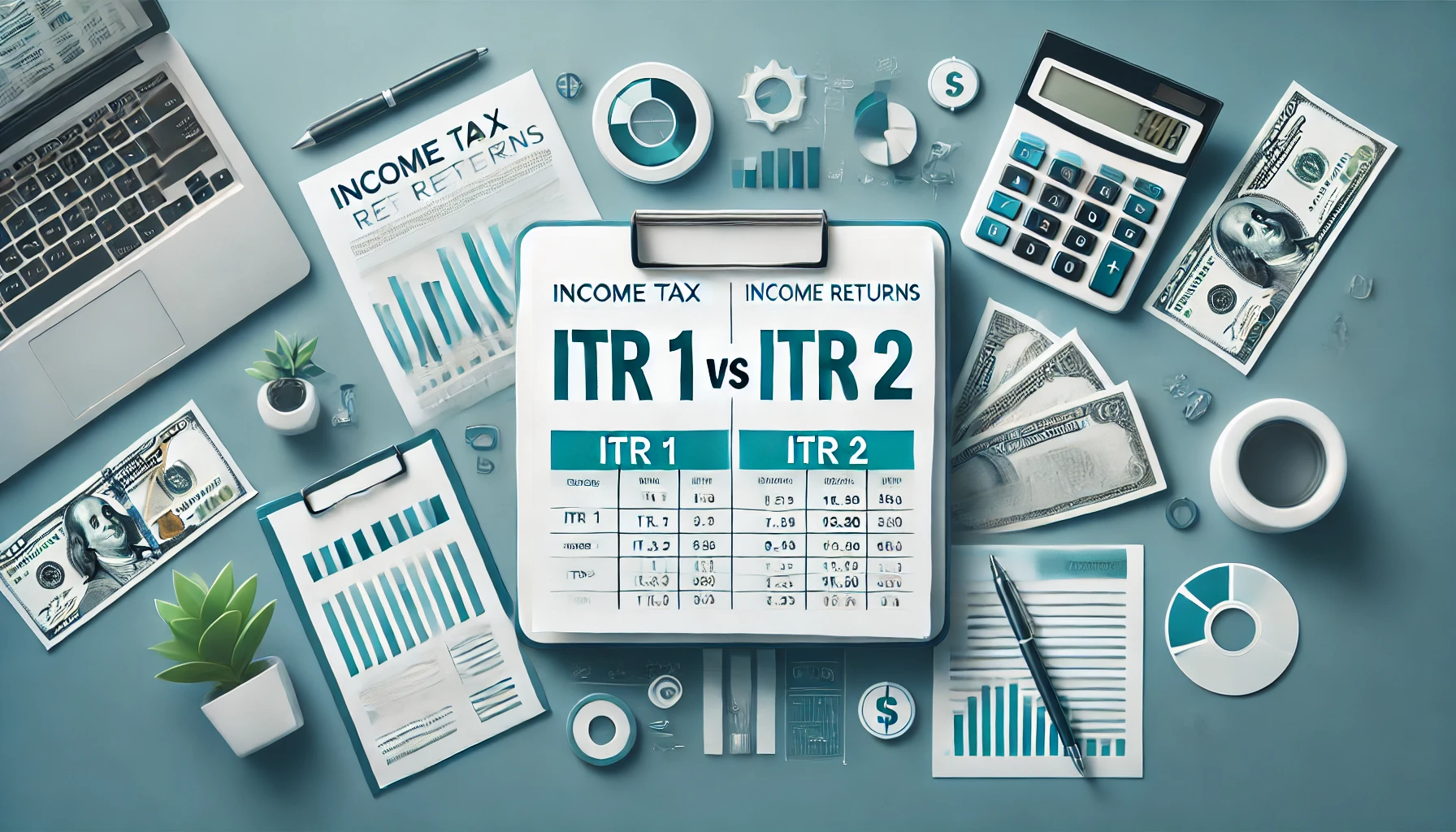
ITR 1 vs ITR 2
Filing your Income Tax Return (ITR) accurately is crucial for every taxpayer in India, and …
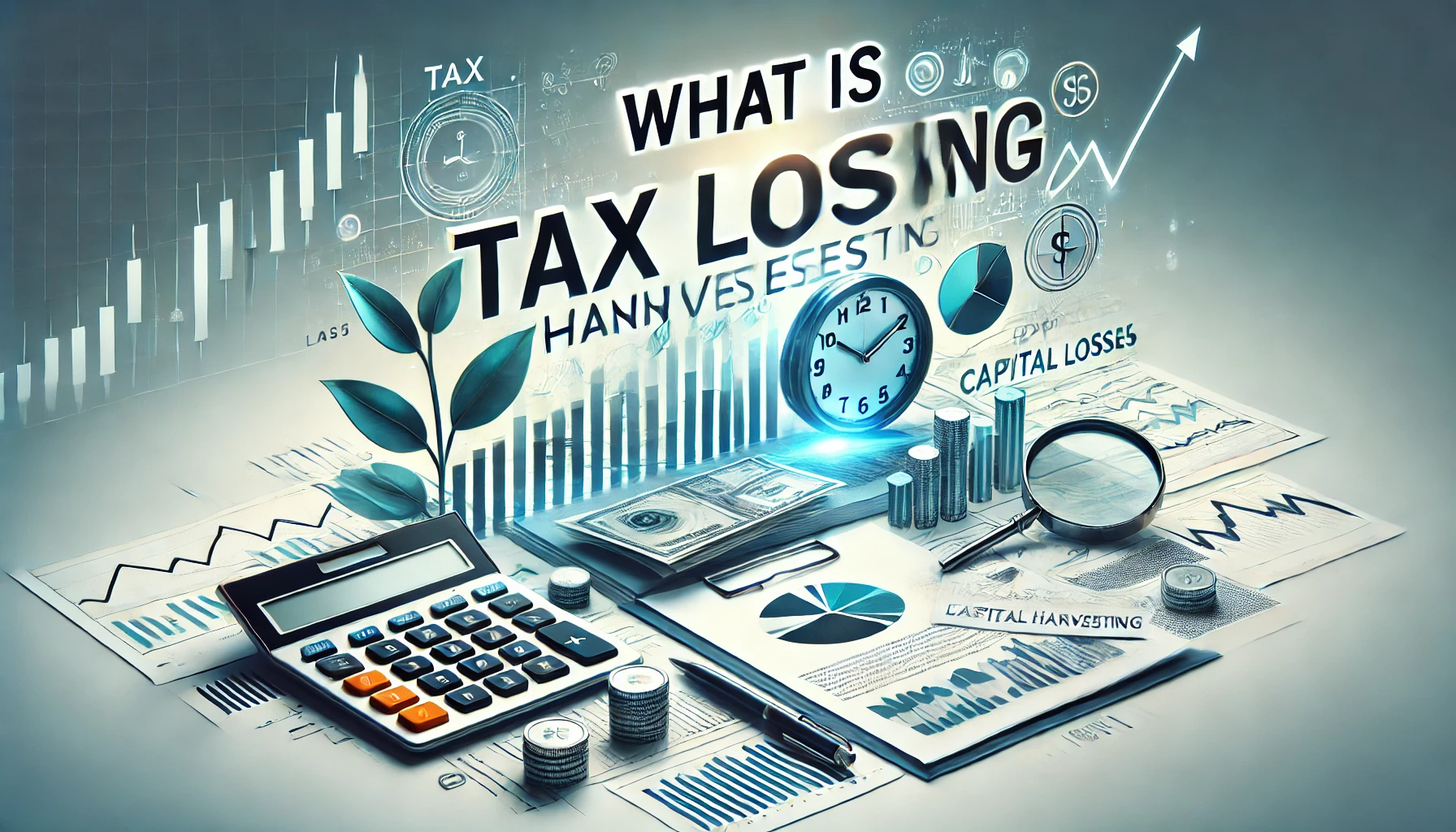
What Is Tax Loss Harvesting?
Tax loss harvesting is a strategy that allows investors to reduce their taxable capital gains …
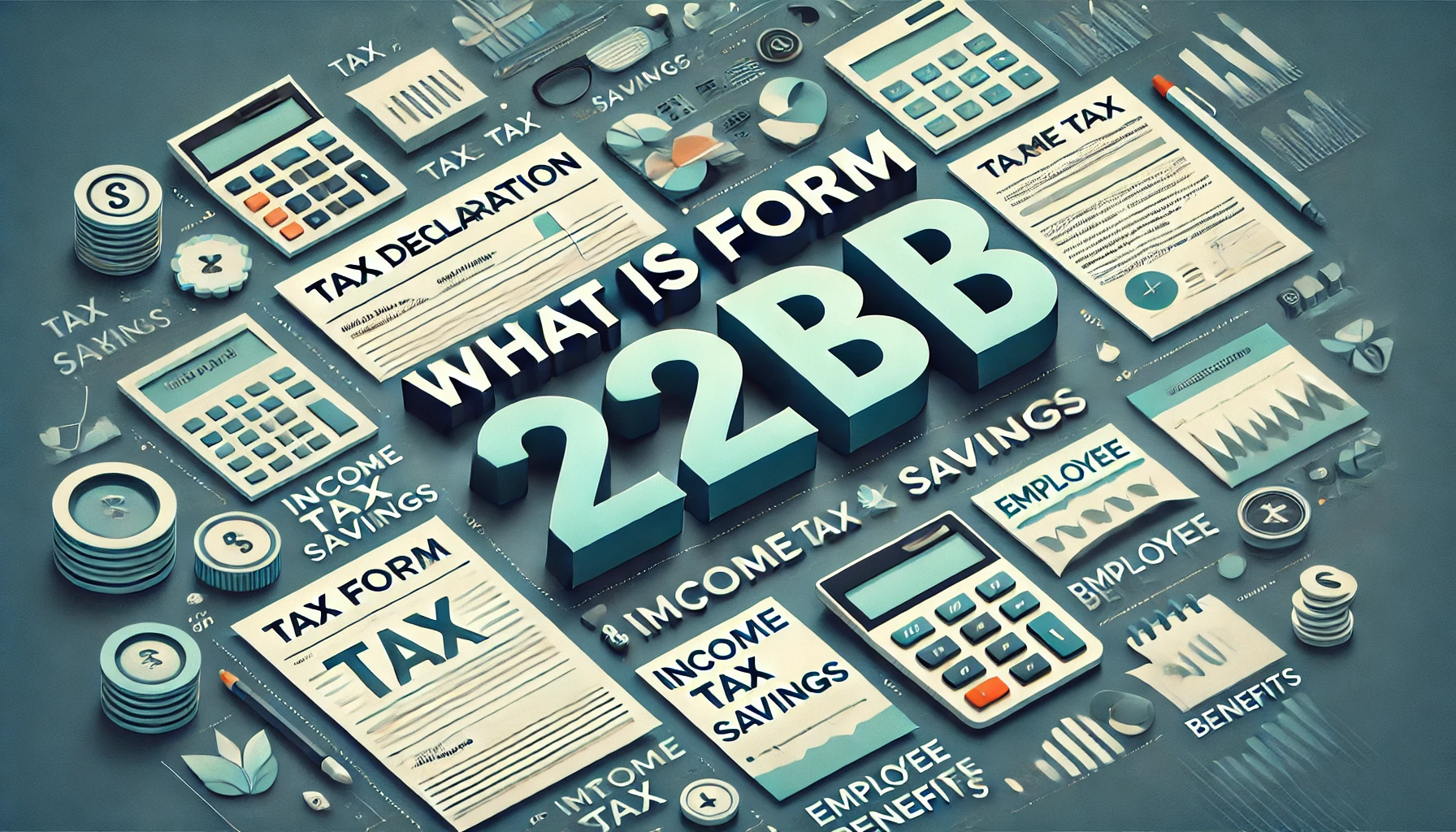
What Is Form 12BB?
Form 12BB is a vital document in the Indian taxation system that employees need to …
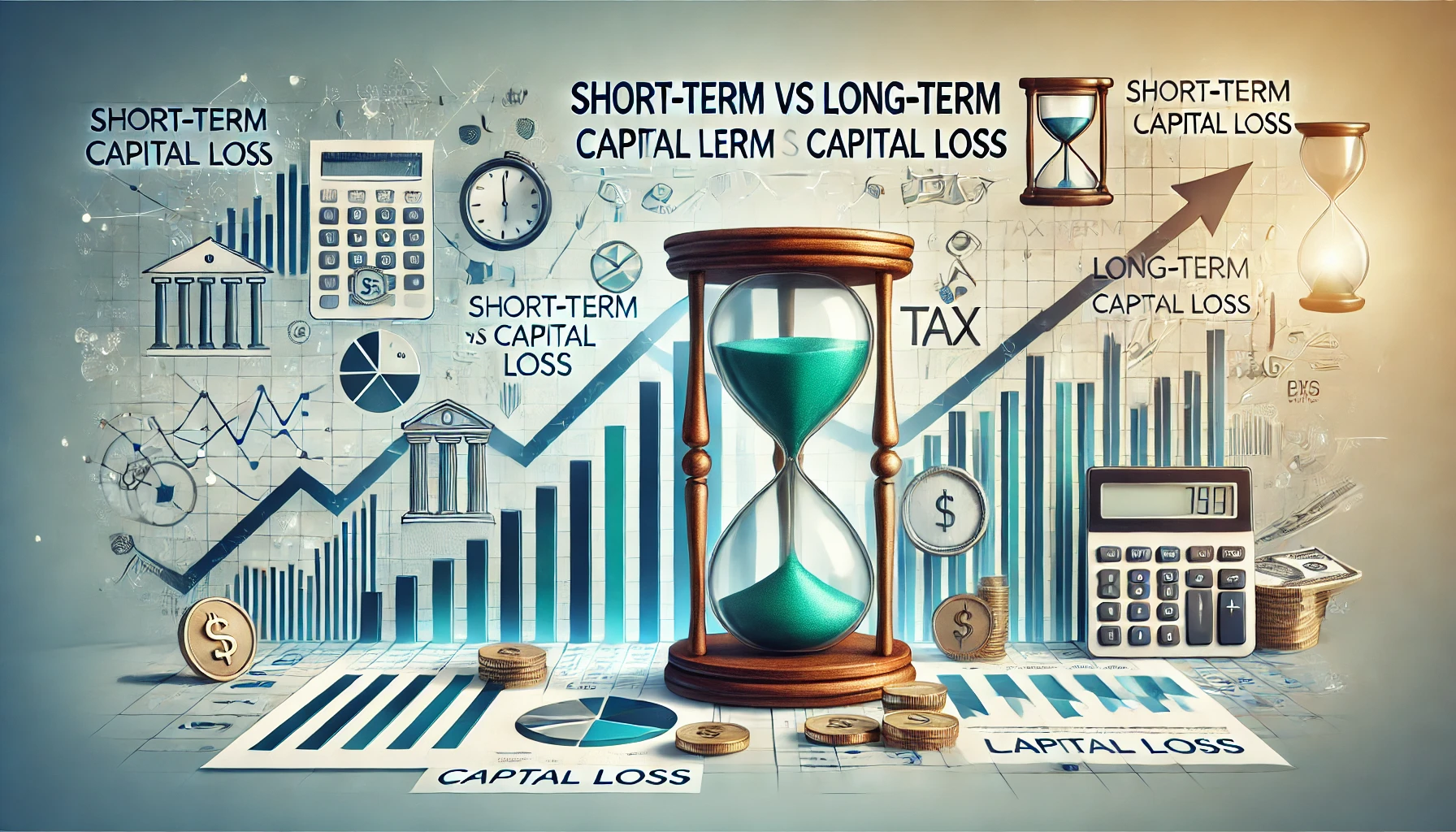
Short-Term Vs Long-Term Capital Loss
Investing in various assets like stocks, real estate, or mutual funds can lead to capital …

Section 80D of Income Tax Act
Health insurance is not only essential for safeguarding your well-being, but it also offers tax-saving …

Senior Citizen Saving Scheme
The Senior Citizen Saving Scheme (SCSS) is a government-backed savings scheme specifically designed to provide …
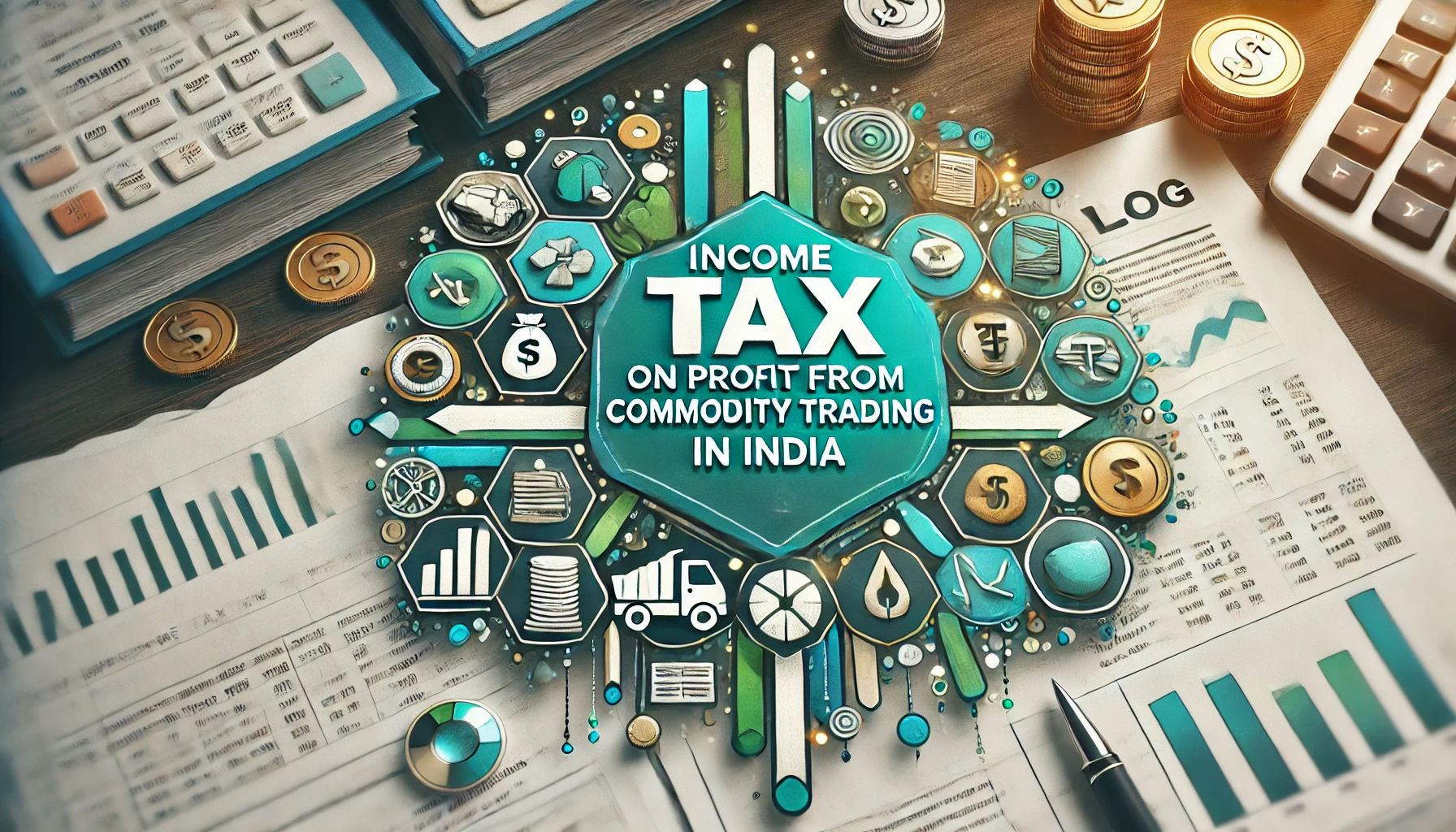
Income Tax on Profit from Commodity Trading in India
Commodity trading has become a significant part of financial markets in India, providing investors with …
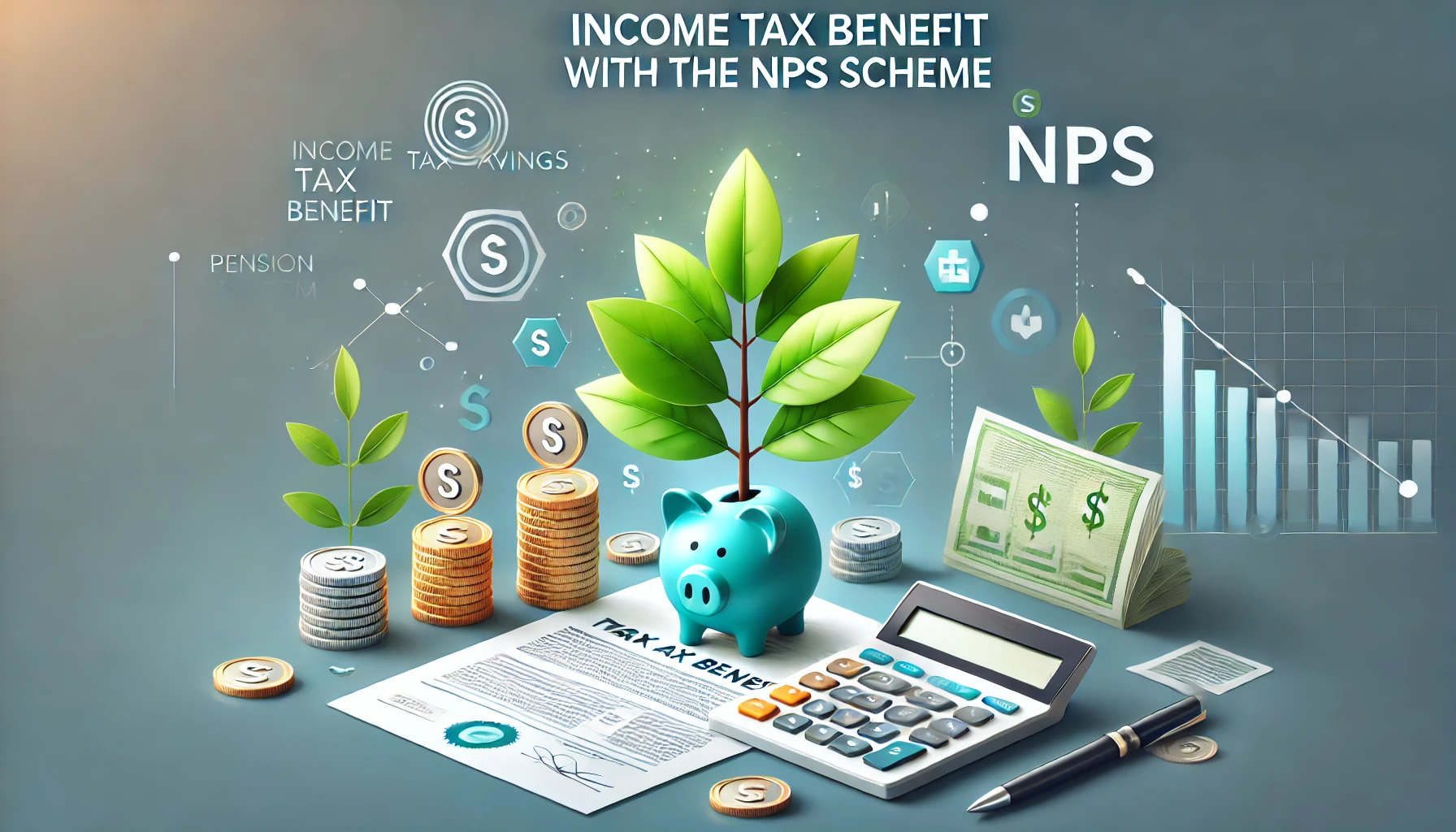
Income Tax Benefit with the NPS Scheme
The National Pension System (NPS) is a government-sponsored retirement savings scheme in India designed to …
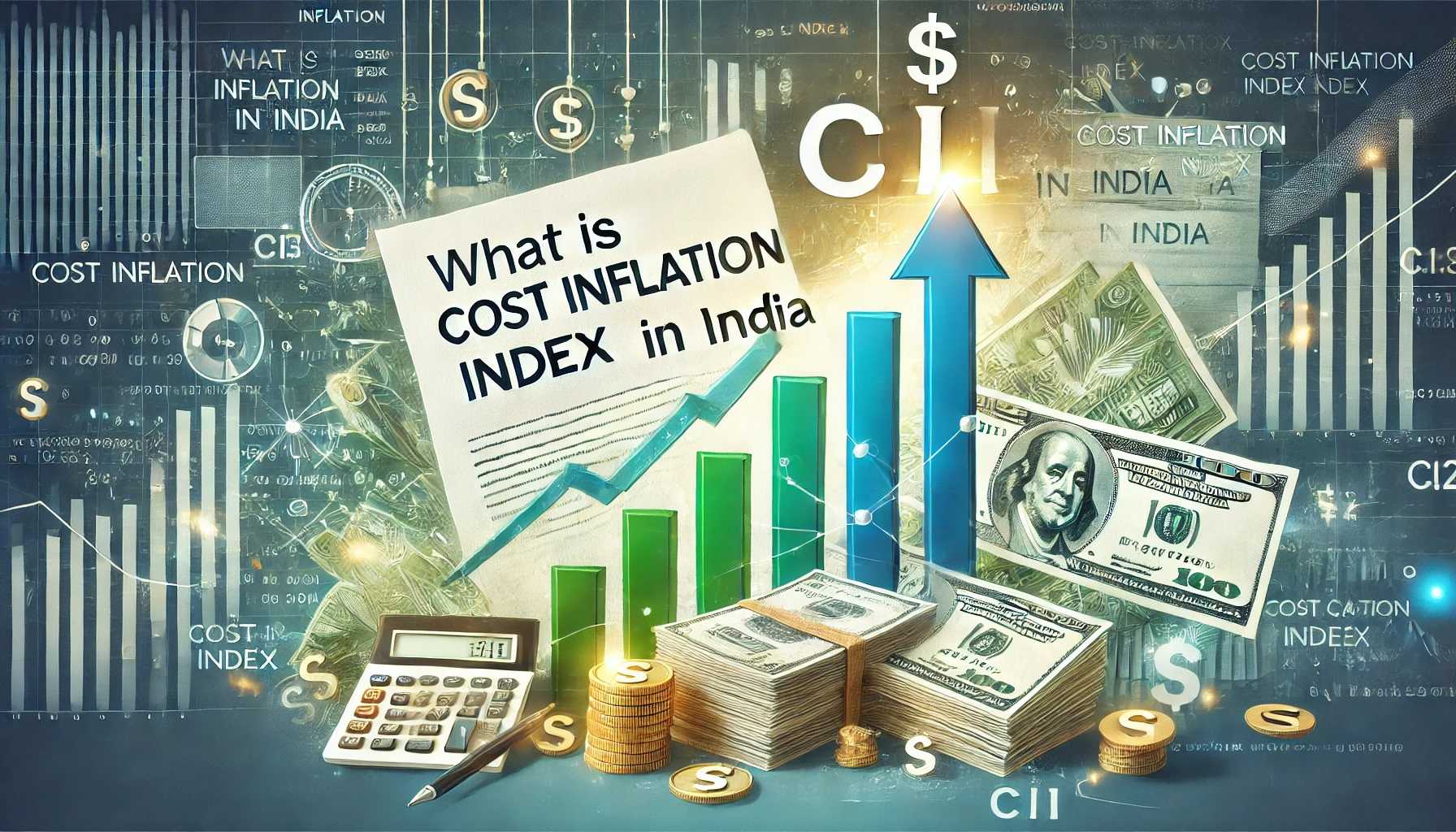
What Is Cost Inflation Index (CII) In India?
The Cost Inflation Index (CII) is a crucial concept in Indian taxation, particularly when calculating …
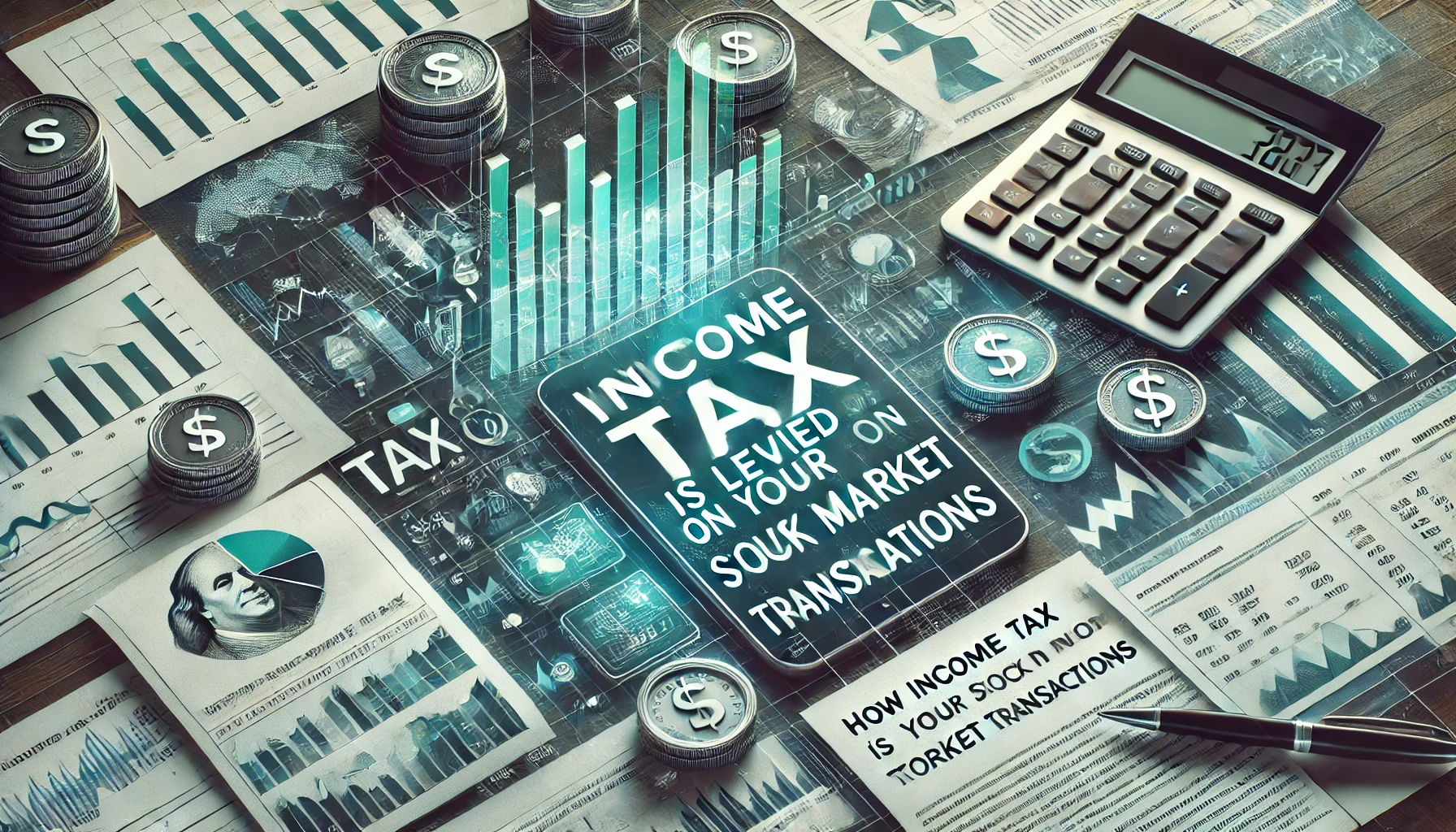
Understanding How Income Tax is Levied on Stock Market Transactions
The Indian stock market has become an increasingly popular avenue for individuals looking to grow …

Investment Options under NPS
The National Pension System (NPS) is a government-sponsored retirement savings scheme that allows individuals to …

How to Start Contributing to Your PPF Account?
The Public Provident Fund (PPF) is a government-backed savings scheme in India that offers tax …
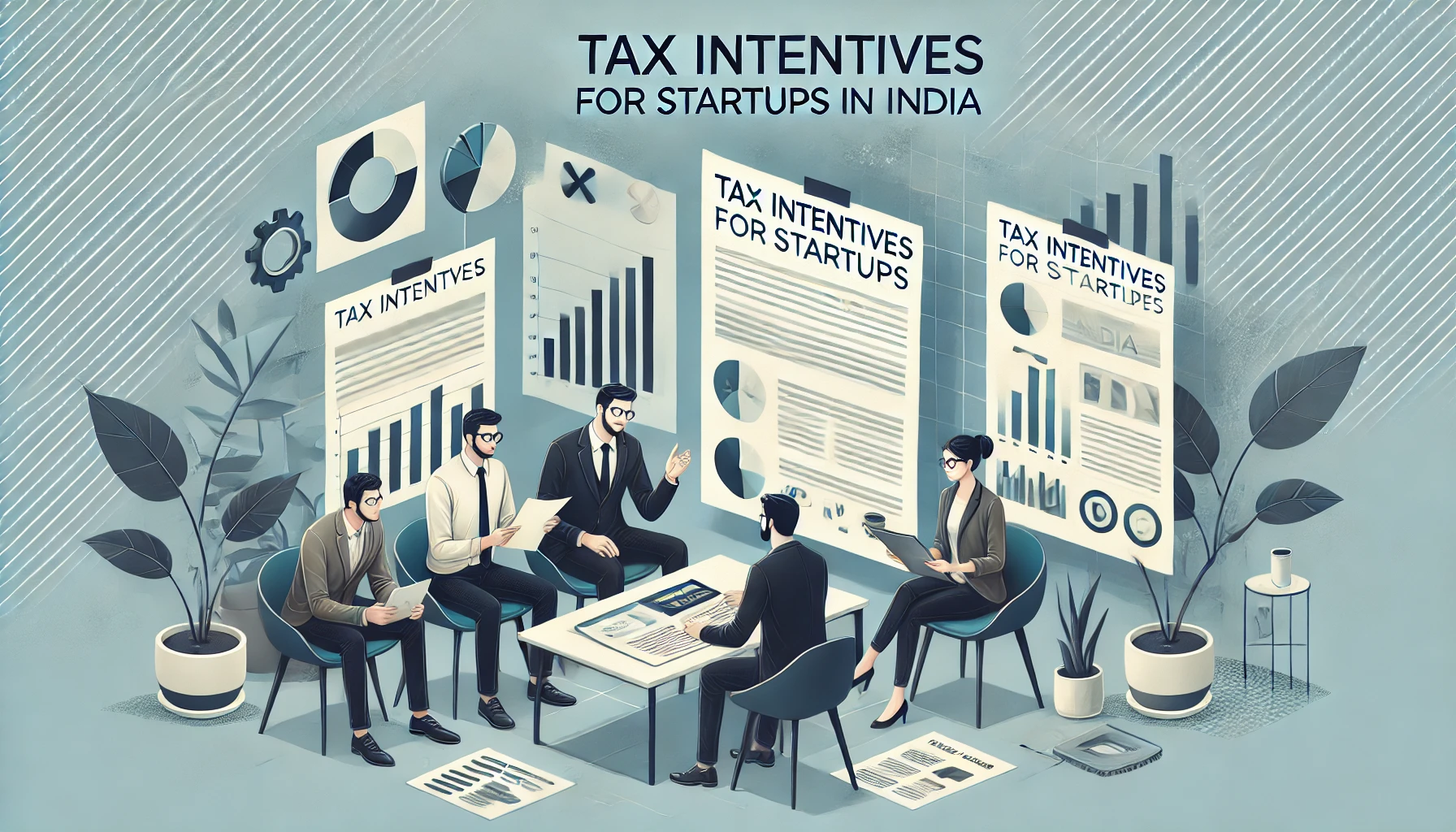
Tax incentives for startups in India
The Indian startup ecosystem is one of the fastest-growing in the world, attracting both domestic …
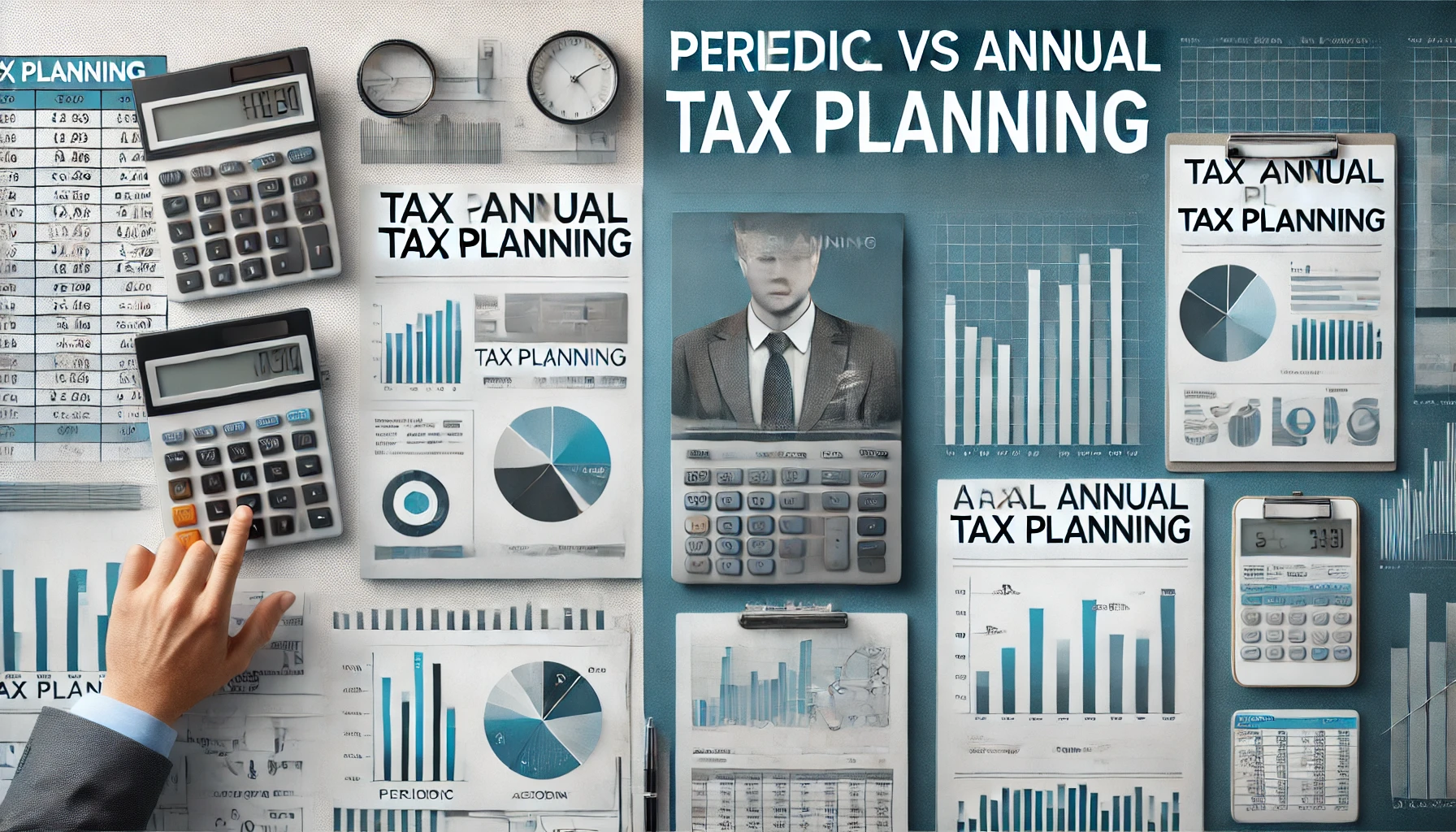
Periodic vs Annual Tax Planning
Tax planning is an integral part of financial management that every taxpayer should consider. Whether …
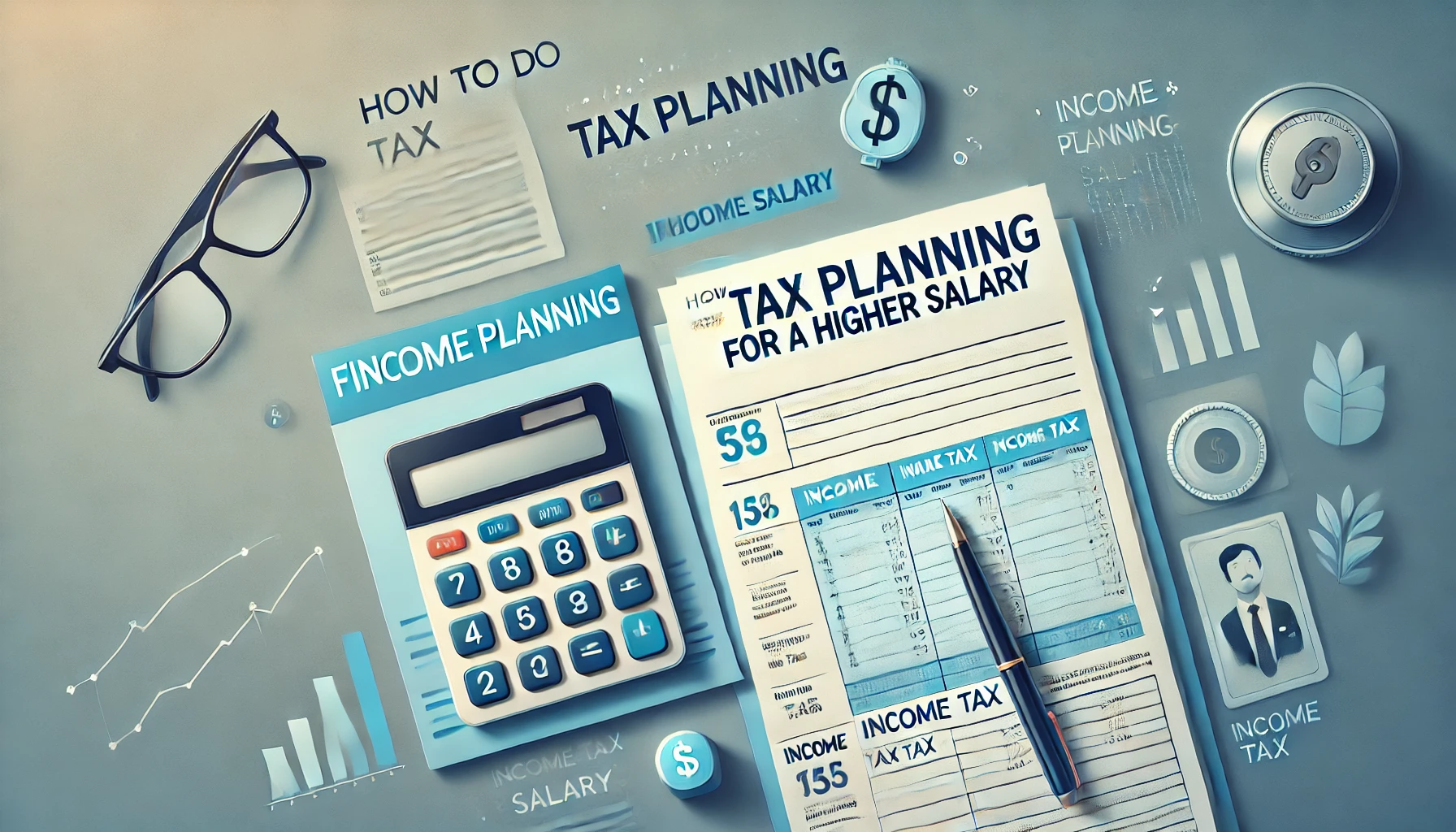
How to Do Tax Planning for a Higher Salary?
Tax planning is crucial for individuals with higher salaries in India. As income increases, so …
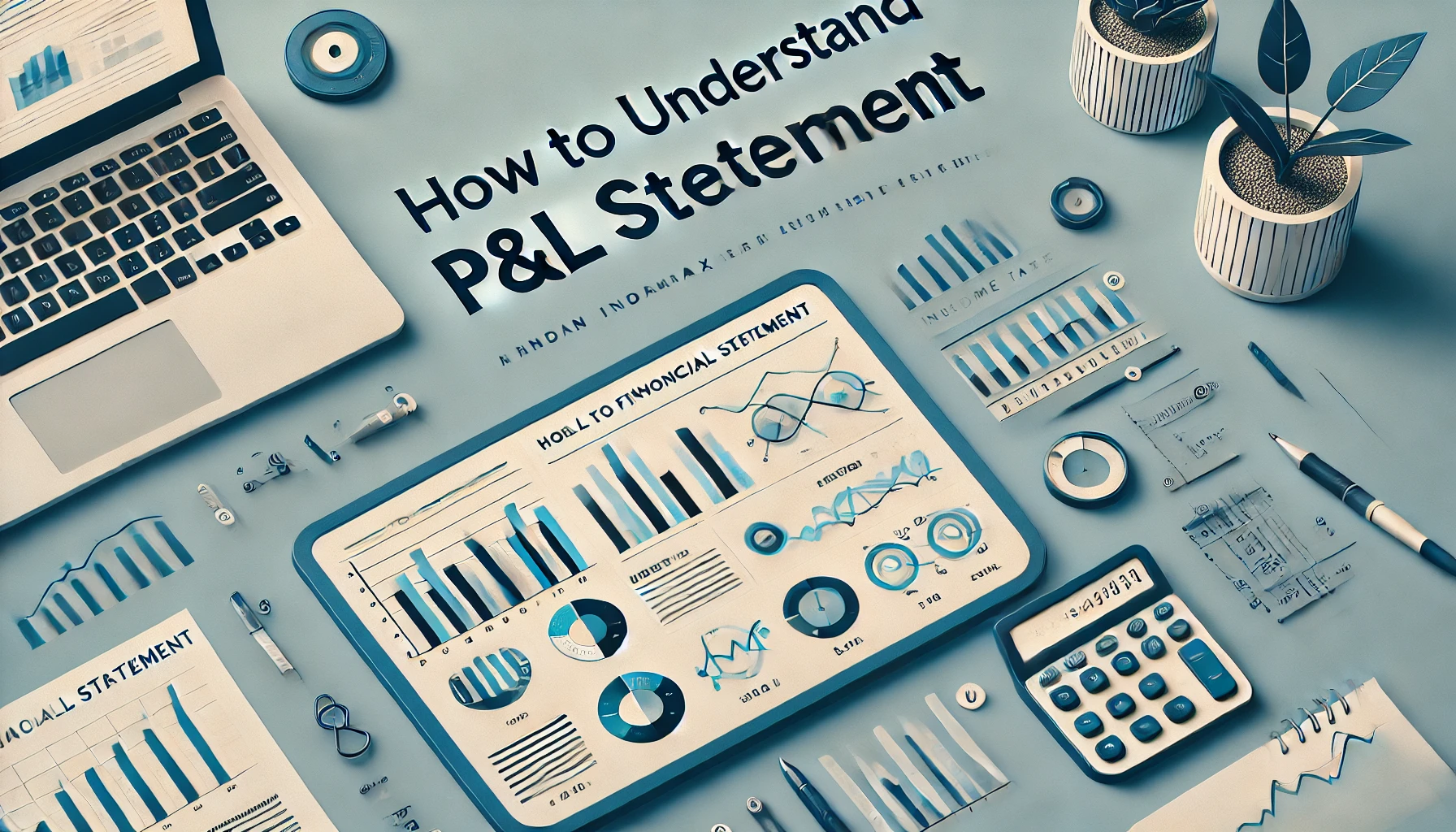
How to Understand P&L Statement
A Profit and Loss (P&L) statement, also referred to as an income statement, is one …

What is the Kakeibo Method?
Managing personal finances can be challenging, especially in today’s fast-paced world, where expenses quickly pile …
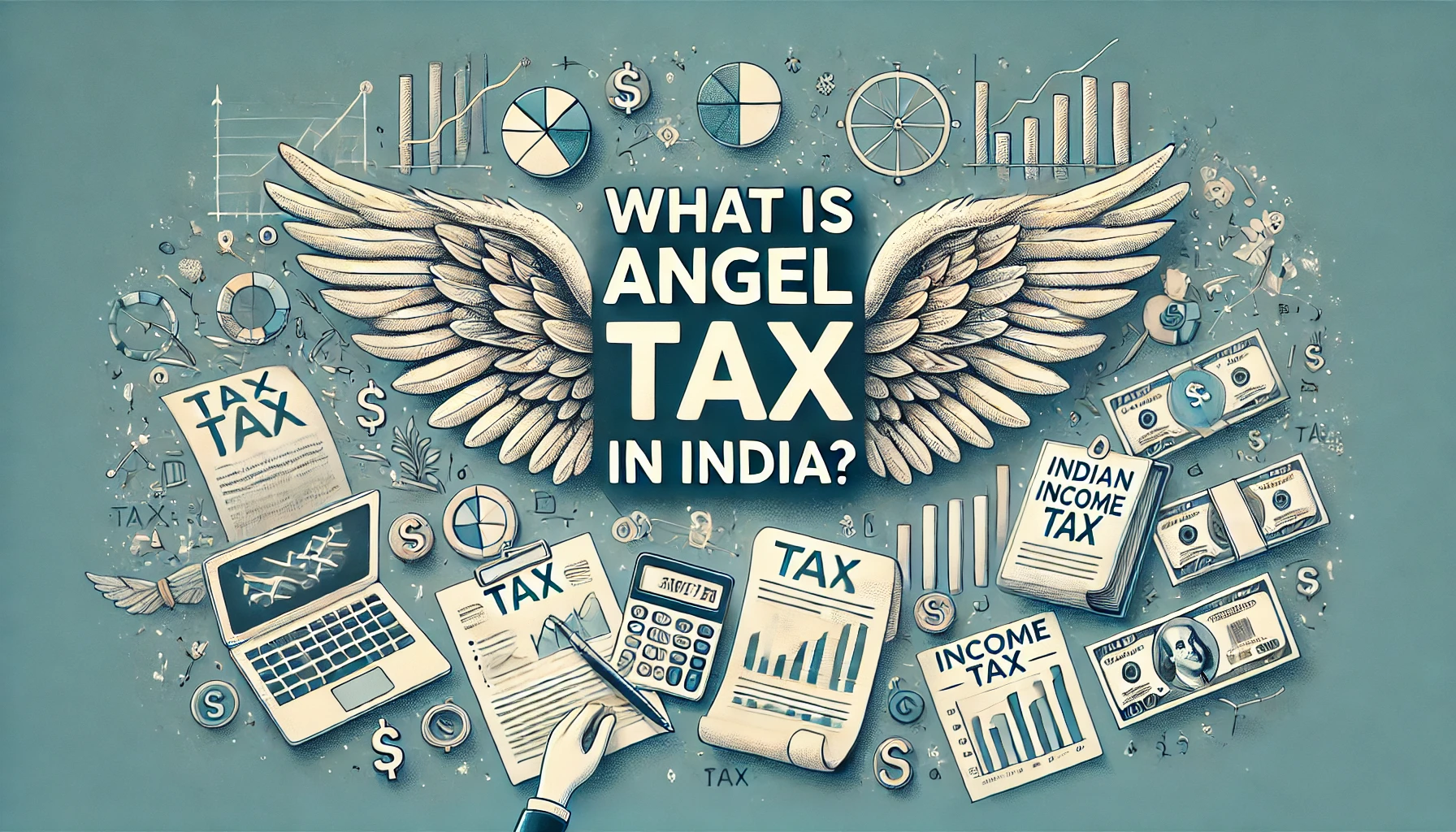
What is Angel Tax?
In India, the startup ecosystem has seen tremendous growth over the past decade. Entrepreneurs and …
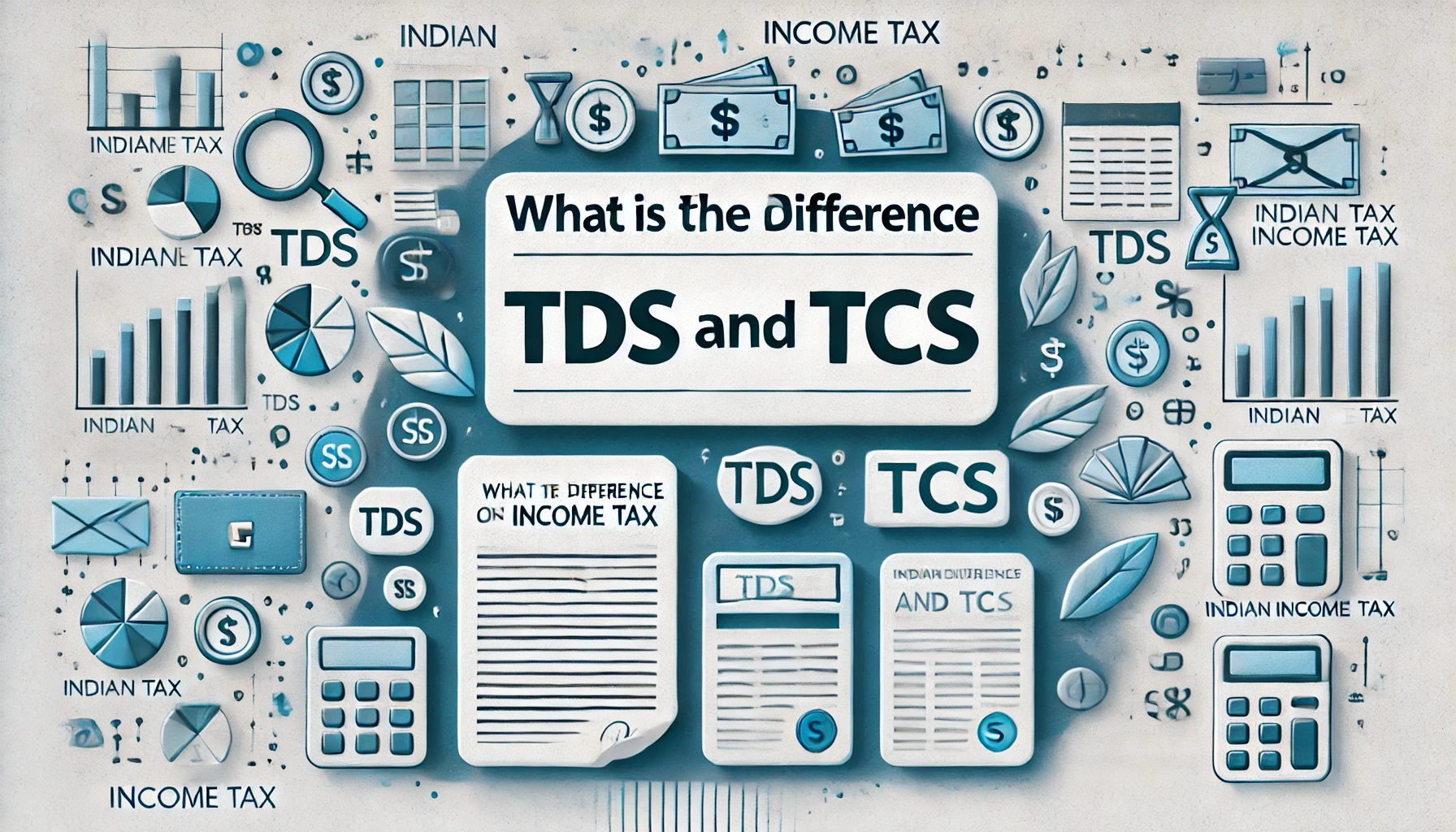
Difference Between TDS and TCS
In India, tax collection plays a critical role in the functioning of the government. To …


















